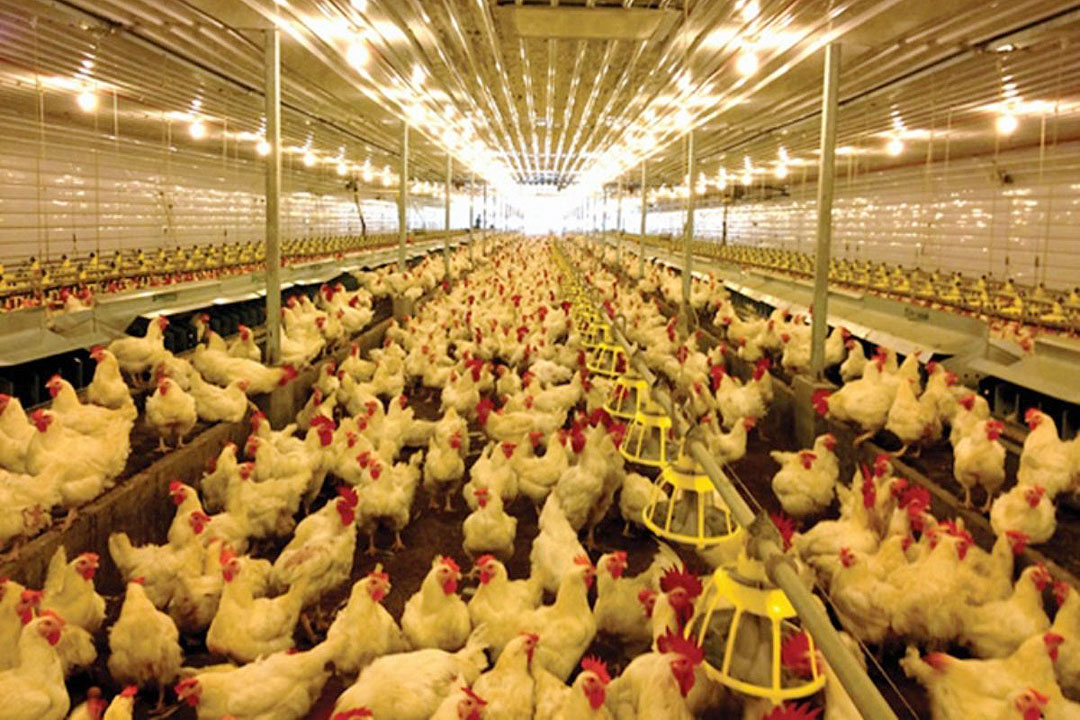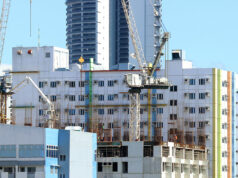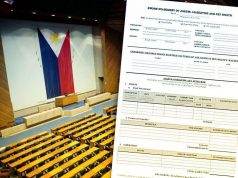Poultry producers bracing for more imports, limited gov’t aid

By Luisa Maria Jacinta C. Jocson
POULTRY PRODUCERS said the government’s policy direction has been to import more food with no regard for the impact on domestic producers.
United Broiler Raisers Association (UBRA) President Elias Jose M. Inciong said in a Viber message that the industry is still dealing with “high levels of frozen inventory, both local and imported. Import arrivals remain high.”
“We expect no assistance from the Dar regime,” he added, referring to Agriculture Secretary William D. Dar. “We expect more imports. They are the ones who are helping importers to sell retail.”
Mr. Inciong said poultry farmers have to deal with “high input costs, especially corn, soya, and day-old chicks (DOCs).”
“Everyone is still cautious about production as it continues to ‘self-regulate’ as per Department of Agriculture (DA) pronouncements last year given the high levels of meat imports,” he said.
“Of course, big players are more aggressive as they have the resources to absorb losses caused by sudden drops in farmgate and wholesale prices,” he added.
Chicken farmgate prices peaked on Dec. 10 at P113.41 per kilo live weight. They fell this week to P102.18 on Dec. 17, with retail prices not showing any corresponding drops at P160 per kilo or higher.
As of October, the chicken inventory was 190.74 million birds, up 2.4% from a year earlier. These consisted of 42.9% native or improved chicken, 34% broiler chicken, and 23.1% layer chicken.
The inventory of broiler chicken and layer chicken grew 5.5% and 6.3%, respectively. Native or improved chicken numbers declined 1.9%.
The volume of processed chicken fell to 1.8 million metric tons (MT) in 2020 from 1.92 million MT in 2019.
Central Luzon had the highest chicken population with 29.77 million birds, followed by Northern Mindanao with 27.25 million, and Calabarzon with 23.41 million.
Due to Typhoon Odette (international name Rai), losses are expected along the storm’s track in Mindanao and the Visayas.
“So far, they are complaining of heavy damage to farms and very disrupted supply chains,” Mr. Inciong said.
The storm damage has led the DA to announce that it is considering a price freeze on agricultural products in areas along the storm’s track, which Mr. Inciong called “a political announcement. Whether it will have an impact on prices is another thing.”



